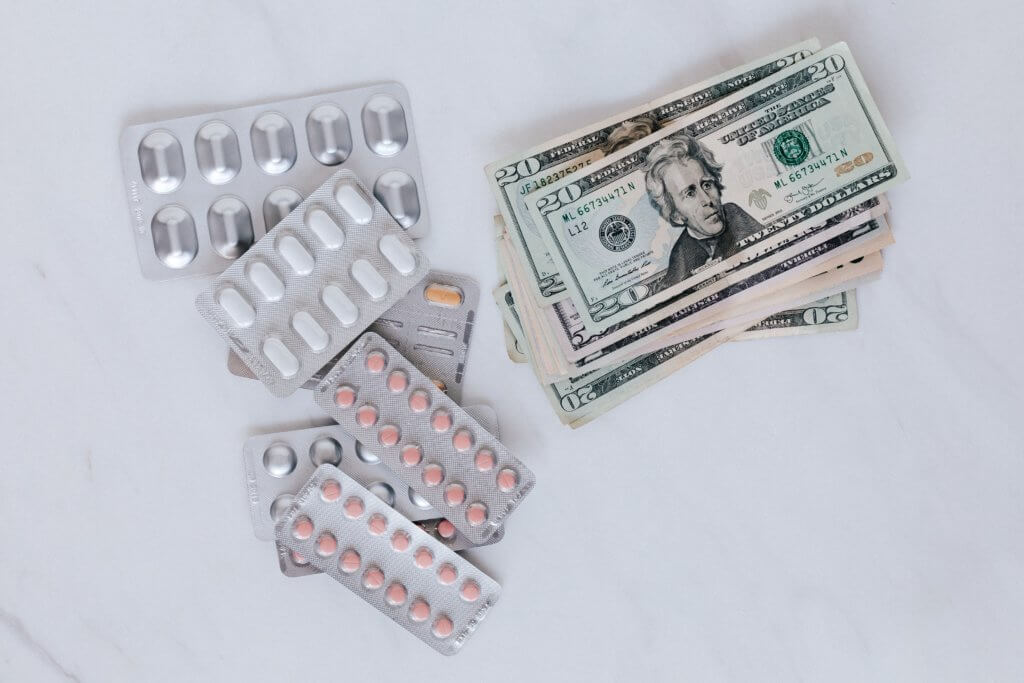In an age where information is just a click away, it can be difficult to separate fact from fiction when it comes to healthcare. There are many myths that people believe about medicine. However, there is a reason why they are myths. So let's take a look at how misconceptions often obscure the truth about certain drugs.
Myth 1: “Antidepressants change my personality”
Antidepressants are often misunderstood, and many people fear that they can dramatically change their personality or numb them. What is the truth told by pharmacists?
When used correctly and under a doctor's supervision, these medications can help balance chemicals in the brain that affect mood and emotions. They are not designed to change you, but to help you feel more like yourself by reducing symptoms of depression and anxiety.
Myth 2: “You can stop taking blood pressure medication once your blood pressure is normal.”
A common misconception is that blood pressure medications are temporary treatments. However, high blood pressure is often a lifelong condition. What is the truth?
Stopping the drug without your doctor's advice can cause a dangerous rebound effect, which can cause your blood pressure to rise rapidly, which is dangerous. Along with lifestyle changes, consistent medication is the key to blood pressure control.
Myth 3: “Insulin is a last resort for diabetes”
Many people believe that starting insulin therapy for diabetes means a personal failure or worsening of the condition. This is far from the truth.
Insulin is an essential and effective drug in the management of diabetes, and its use is based on individual needs and the body's response to other treatments. Although it is not a last resort, it is an essential treatment option to maintain blood sugar levels.
Myth 4: “Pharmacists only dispense medicines”
Pharmacists do more than just dispense medicine. They are experts in pharmaceuticals that play an important role in healthcare.
Pharmacists ensure the safe and effective use of medicines, from providing medication counseling to managing chronic conditions to administering vaccines. They are also a valuable resource for medication-related advice and information.
Myth 5: “Generic drugs are less effective than branded drugs.”
Generic drugs are often considered inferior to brand-name drugs; However, this is a misunderstanding.
Generic drugs contain the same active ingredients and are just as effective and safe as brand-name drugs. The main difference is in price, with generic drugs being more affordable, making essential medicines available to more people.


Myth 6: “You can share your medication with someone else if they have the same symptoms.”
This is completely false. Sharing medicines is a dangerous practice.
Medications are prescribed based on your personal health, medical history, and other medications. What works for one person may be harmful to another. Always consult a health care professional before taking or sharing any medicines.
Myth 7: “Natural supplements do not interact with drugs”
The idea that natural or herbal supplements are always safe and do not interact with medications is a common misconception. What is the truth?
In fact, many supplements can interact with prescription drugs, reducing their effectiveness or causing harmful side effects. Tell your healthcare provider about the supplements you are taking to avoid harmful interactions.
In conclusion, understanding the truth behind these common drug myths is critical for safe and effective medical care. As healthcare professionals, pharmacists play a critical role in providing accurate information and personalized care. By staying informed and consulting with medical professionals, you can confidently and safely navigate the world of pharmaceuticals.
You may also be interested in:


